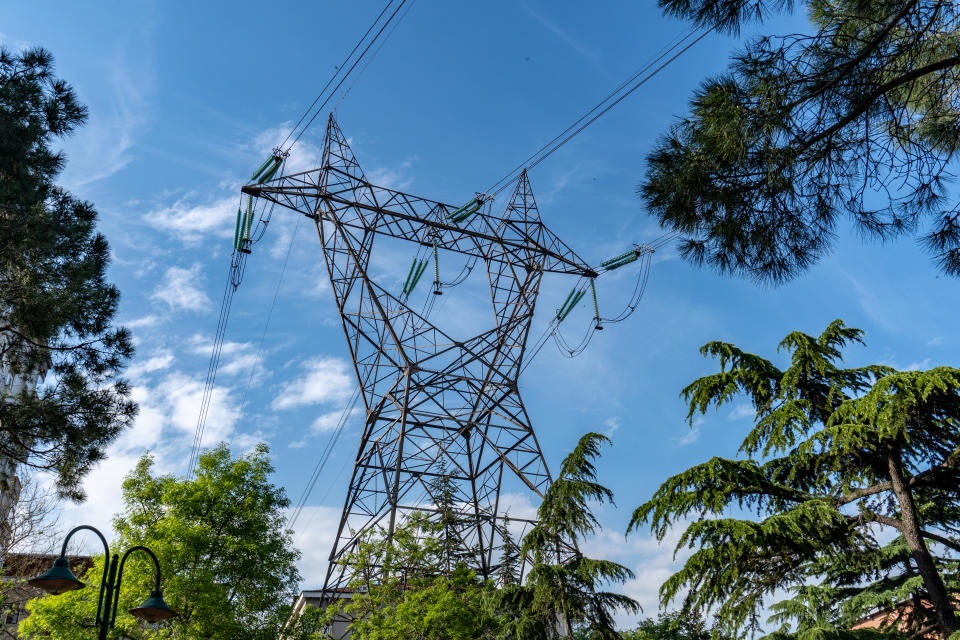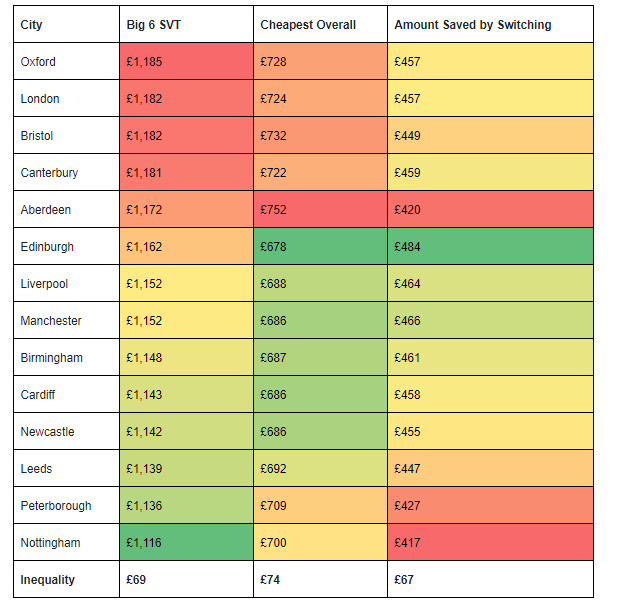Energy inequality rises as some households pay £507 more a year for same use

Energy bill inequality between different households using the same amount of fuel has reached £507 ($616.82) a year.
The research by Youtility reveals that some consumers are paying 74% more than others due to varying tariffs.
And with COVID-19 lockdown set to increase energy bills by £141 per year if working from home continues, the gap is set to widen further.
The increase in energy bill inequality has been caused by people spending more time at home, together with a fall in wholesale energy prices which has widened the gap between the cheapest tariff and standard variable tariffs.
READ MORE: How to deal with self-doubt when working from home
The existing regional energy inequality means that even on the same standard variable tariff, a home in Oxford has to pay £69 more each year for energy compared to a home in Nottingham. If both homes switched to the cheapest tariffs available, an Oxford home would still have to pay £28 more per year than a home in Nottingham.
This price gap between the regions comes from energy suppliers passing on the cost of using different energy networks.

The higher energy use means people on a standard variable tariff from a big six supplier will typically pay £1,156 per year – an increase of £148. However, a household on the cheapest tariff in their area will pay an average of £705 per year – a £94 increase.
Charlie Quigley, co-founder of Youtility said: “Thousands of consumers are paying far more than they need to for their gas and electricity each month. It’s not fair that some people face significantly more expensive bills than others for using the same amount of energy.
"We may all have to continue to spend more time at home due to social distancing measures which means this inequality will get worse."

 Yahoo Finance
Yahoo Finance 